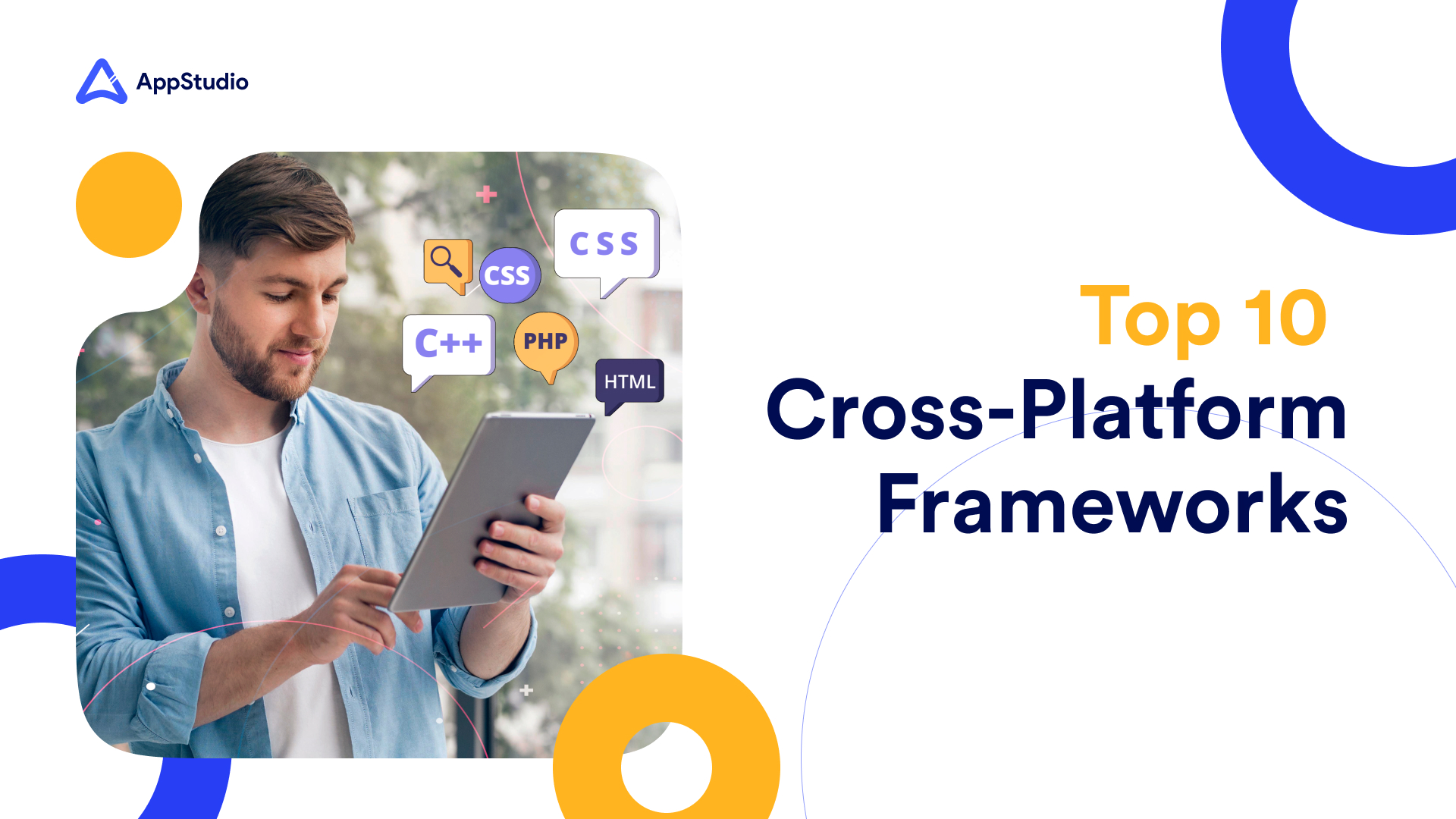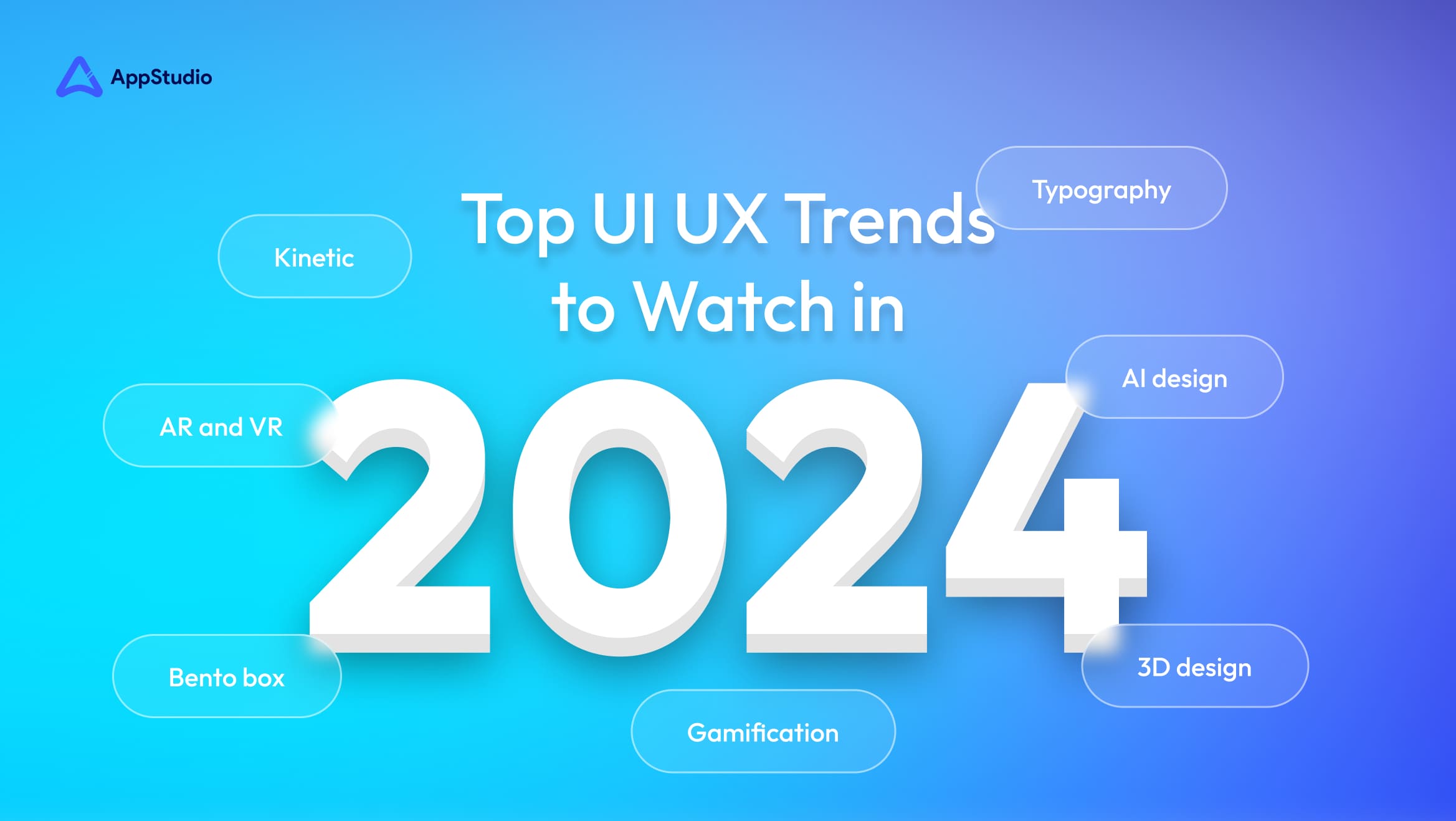Table of Content 1. React Native
2. Flutter
3. Cordova
4. Ionic
5. Xamarin
6. Vue Native
7. Native Script
8. Adobe PhoneGap
9. Sencha Ext JS
10. Corona SDK
Did you know that some of the most popular mobile apps like Facebook, Instagram, and Airbnb are built using cross-platform frameworks? You may be using these apps on your latest Android and iOS smartphones, but these platforms can be accessed on a desktop and a tablet effortlessly. In a nutshell, cross-platform app development is the fastest way to launch an application and reach out to a larger group of audiences.
If you are working on a plan for your upcoming venture and looking to pick the right tech stack, you need to be familiar with the significance of cross-platform methodology. Once you come across the prominence of these platforms in the mobile app market, you will be able to reckon the ways you can benefit from cross-platform frameworks.
In this post, we will talk about the best cross-platform app development frameworks that are going to make it big in 2024. some of these frameworks have been empowering global brands with their efficiency and aesthetic appeal. Let’s go through the list and explore the technologies of the future:
The Best Cross-Platform App Development Frameworks of 2024
1. React Native
React Native is one of the popular Java-based mobile cross-platform app development frameworks that can help create natively rendered mobile apps for Android and iOS. This framework can help you create unique applications for multiple platforms with the same code base.
First of all, this framework was launched as an open-source platform in 2015. It has become one of the best solutions used for mobile application development in just a few short years. A growing number of developers at every React Native app development company are choosing this framework for effective application development.
Benefits of React Native Framework
- It allows you to create applications for different platforms Android, Android TV, iOS, macOS, tvOS, Web, Windows, and UWP.
- React Native focuses on the user interface and enables application developers to create a highly responsive interface.
- It is open source and free because it has a great community to support it and improve it if there is a problem.
2. Flutter
Flutter is a free and open-source mobile user interface framework backed by Google. It is considered the best cross-platform app development framework as one can create native apps via codebase only using Flutter. It means that you can use code to develop applications for both iOS and Android.
Flutter is based on a Dart programming language for development. This language is focused on front-end development and can be used to develop web and mobile applications. As per a leading Flutter app development company, it is built on two main parts:
- A collection of reusable UI components and an SDK.
- A collection of essential tools for application development.
Benefits of Flutter Framework
- The mobile applications created with Flutter are fast and highly efficient. Using Flutter brings more noticeable performance gains compared to other cross-platform application frameworks.
- Flutter has its own graphics engine (it is unnecessary to create the interface separately for Android and iOS).
- Dart allows you to write a much more structured program code, which means you can create more complex hierarchical structures and applications.
3. Cordova
Nitobi developed Cordova, which is a cost-effective mobile application development framework. However, Adobe Systems bought and renamed Nitobi in 2011 and released an open-source version of this framework. This framework helps developers build hybrid iOS and Android apps with HTML5, JavaScript, and CSS3.
This framework extended the features of JavaScript and HTML5 to work with mobile devices more efficiently. However, the applications created are hybrid, which means that these applications are not completely native and are not web-based. However, these applications are packaged as device applications and have access to native device APIs.
Most surprisingly, the combination of hybrid and native code snippets has also been made possible with the Cordova framework. Therefore, Cordova is used for developing mobile apps for multiple platforms.
Benefits of Cordova Framework
- Cordova enables developers to create mobile applications using web technologies (HTML, CSS, and JavaScript) that can run on multiple platforms such as iOS, Android, and Windows with a single codebase.
- Its plugins allow developers to access native device functionalities like camera, geolocation, contacts, and more, bridging the gap between web and native app capabilities.
- With its quick development cycle, Cordova facilitates rapid prototyping and deployment, allowing developers to iterate swiftly and efficiently during the app development process.
4. Ionic
It is an open-source SDK for cross-platform mobile app development. The original version of this platform was developed in 2013, based on Apache Cordova and AngularJS. However, the recent launch of this platform was redeveloped as a set of web components. You can allow users to use any of their preferred UI frameworks, like React, VU.js, or Angular. The latest version of Ionic also allows users to use iconic components without any user interface.
Benefits of Ionic Framework
- Ionic enables the development of cross-platform mobile apps using a single codebase, written in web technologies (HTML, CSS, and JavaScript), which can be deployed on both iOS and Android platforms.
- It offers an extensive library of pre-designed UI components, providing a consistent and native-like user experience across different operating systems.
- By integrating seamlessly with the Angular framework, Ionic allows developers to leverage the power of Angular for building robust and scalable applications.
5. Xamarin
Xamarin is a powerful framework for developing cross-platform applications in the best possible way. C # is used here as a programming language for application development. Xamarin is a different framework than others that use HTML, CSS, and JS as development languages.
This is mainly because this application development framework is based on a single programming language which is C#. The framework also provides a runtime that can work on different mobile platforms such as Android, iOS, and Windows. With this framework, you will get an application that looks and feels like a native application.
With Xamarin, you have to write code in C#, which will access all the functions available for native applications during cross-platform development process.
Benefits of Xamarin Framework
- It is a free and open-source framework.
- Unlike many other cross-platform application development frameworks, Xamarin is quite easy to use because knowing the C # and the .NET environment is sufficient.
- It has a large community of companies and collaborators.
6. Vue Native
Vue Native is a mobile application framework that combines the simplicity and flexibility of Vue.js with the power of native mobile app development. Leveraging Vue.js components and syntax, Vue Native enables developers to build cross-platform mobile apps using a single codebase.
It seamlessly integrates with existing Vue.js projects and allows for a smooth learning curve. Developers can create native-like experiences on both iOS and Android platforms while enjoying the reactivity and declarative nature of Vue.js.
Vue Native prioritizes simplicity, making it an accessible choice for those familiar with Vue.js seeking an efficient and consistent approach to mobile app development.
Benefits of Vue Native Framework
- Vue Native employs a declarative rendering approach and a component-based structure, enhancing code organization and readability. It facilitates the creation of reusable components.
- Developers apply their Vue.js skills to build cross-platform mobile applications, fostering code reusability and consistent development experience.
- Its simplicity accelerates the development process, allowing for quick prototyping and efficient project execution.
7. NativeScript
NativeScript is an open-source framework for building cross-platform mobile applications using web technologies like JavaScript, TypeScript, and Angular. Developed by Progress Software, NativeScript enables developers to create truly native apps for iOS and Android from a single codebase.
It provides direct access to native APIs, allowing developers to build high-performance, feature-rich applications with a native look and feel. With its flexibility, extensive plugin ecosystem, and support for popular frameworks, NativeScript streamlines the development process and offers a seamless bridge between web and native development.
Benefits of NativeScript Framework
- It enables the development of high-performance mobile apps by allowing direct access to native APIs, ensuring that applications run smoothly and efficiently on both iOS and Android platforms.
- Developers can write code once using JavaScript or TypeScript and deploy it across multiple platforms, saving time and effort. This single codebase approach simplifies maintenance and updates.
- NativeScript provides seamless integration with native APIs, allowing developers to leverage device-specific functionalities.
8. Adobe PhoneGap
Adobe PhoneGap, also known as Apache Cordova, is one of the best cross-platform app development frameworks. It enables developers to create mobile applications using web technologies such as HTML, CSS, and JavaScript.
PhoneGap allows for the development of a single codebase that can be deployed on multiple platforms, including iOS, Android, and Windows. By leveraging web standards, it simplifies the app development process and offers a cost-effective solution for building mobile apps.
It provides access to native device features through plugins, facilitating the creation of feature-rich applications. Adobe PhoneGap is known for its ease of use, rapid development capabilities, and integration with Adobe’s cloud services.
Benefits of Adobe PhoneGap Framework
- It allows developers to distribute their applications through app stores, making it easier for users to discover and install the app on their devices.
- PhoneGap provides access to native device features through plugins, allowing developers to leverage device capabilities such as camera, geolocation, and contacts, enhancing the functionality of their applications.
- Adobe PhoneGap offers cloud-based services that streamline development, testing, and deployment.
9. Sencha Ext JS
Sencha Ext JS is a powerful JavaScript framework for building cross-platform web applications with a focus on enterprise-level development. With a robust component-based architecture, it provides a comprehensive set of UI widgets, MVC architecture, and data binding capabilities.
Ext JS facilitates the creation of feature-rich, responsive, and visually appealing applications. It supports both desktop and mobile platforms, ensuring a consistent user experience. Extensive documentation and a visual app builder streamline development.
Sencha Ext JS empowers developers to create scalable, maintainable applications, making it a preferred choice for organizations seeking efficient tools for complex, data-intensive, and enterprise-grade web development.
Benefits of Sencha Ext JS Framework
- It provides an extensive set of customizable UI components, streamlining the development process and ensuring a consistent, polished user interface across web applications.
- Ext JS simplifies data management and integration, enabling developers to create dynamic, data-driven applications with ease.
- Sencha Ext JS benefits from a vibrant community and a wealth of resources, including documentation, forums, and premium support options.
10. Corona SDK
Corona SDK is a mobile app development framework known for its simplicity and rapid development capabilities. Utilizing the Lua programming language, it offers cross-platform compatibility, allowing developers to create iOS, Android, and even Windows apps with a single codebase.
Corona emphasizes a lightweight, easy-to-learn structure, enabling swift iteration and prototyping. With built-in libraries and an extensive marketplace for plugins, developers can access features such as physics, graphics, and networking effortlessly.
Its real-time simulator facilitates quick testing, while the framework’s efficiency and performance make it suitable for both hobbyist developers and professionals seeking a streamlined approach to mobile app creation.
Benefits of Corona SDK Framework
- Corona SDK supports cross-platform development, allowing developers to write code once and deploy it on multiple platforms, including iOS and Android.
- Its lightweight structure and real-time simulator enable quick iteration, making it ideal for prototyping and efficient development cycles.
- It offers an extensive marketplace where developers can access a variety of plugins and libraries, enhancing functionality without the need for extensive custom coding.
Why Trust AppStudio for the Best Cross-Platform App Development Services?
We hope you have found the list of best cross-platform application development frameworks, descriptions, and benefits. This article will allow you to choose a technology that suits your needs based on its characteristics and your project’s requirements. However, if you have a complex application development project that demands the latest technical features and complicated animations, we recommend hiring a mobile app development company to proceed.




Thanks for the post, nice information about the top 5 mobile cross-platform frameworks. These tips are very useful for new mobile app, It is indeed a piece of wonderful information.